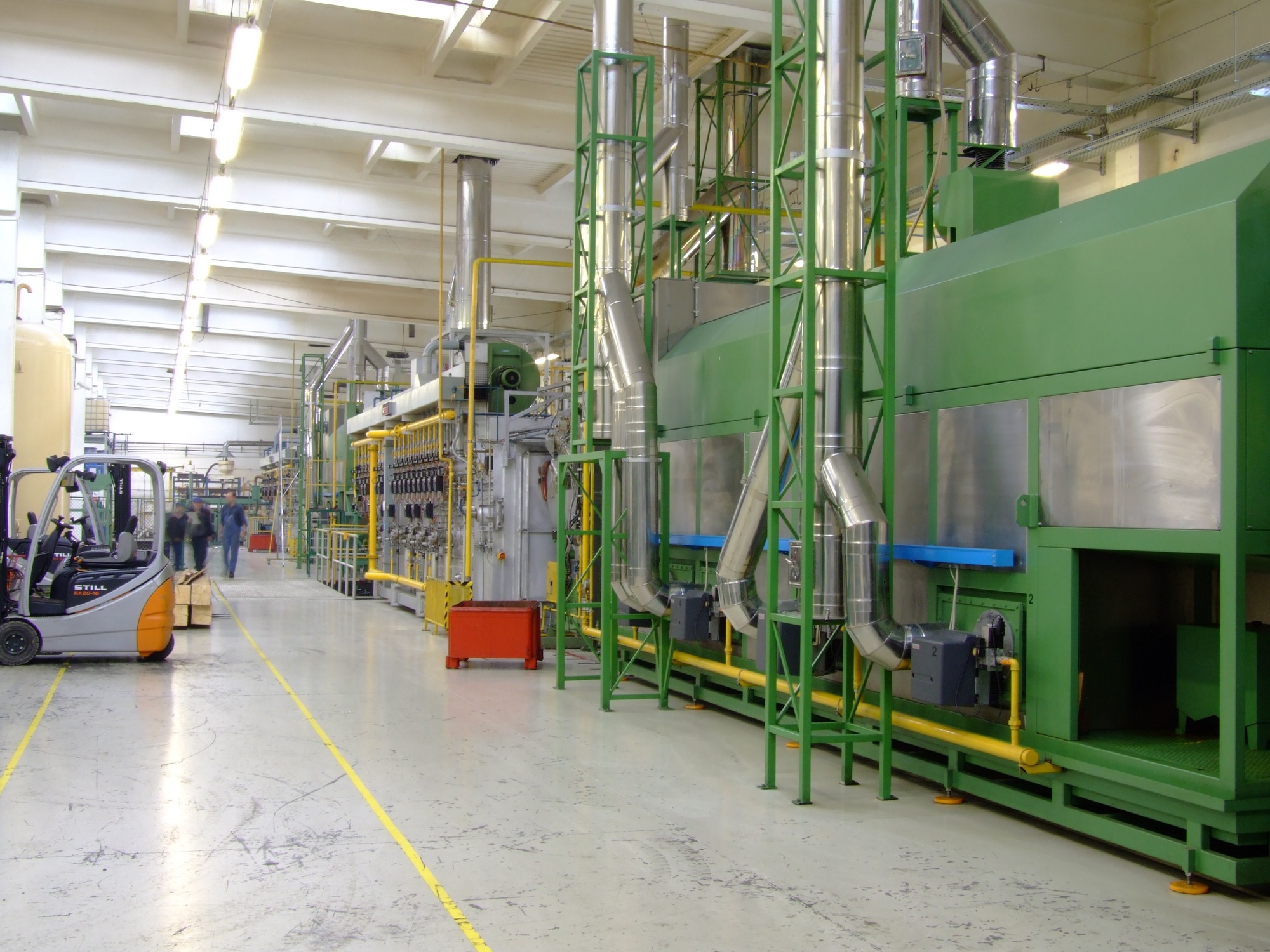Manufacturing businesses have more departments to control, a greater reliance on suppliers and are affected by economic forces far more than many other industries. This article looks at what production control systems are available, and the benefits manufacturing software provides.

Manufacturing management is an incredibly lucrative market. In fact, it's projected to reach multimillion status by 2029. With that in mind, it's more important than ever to ensure you are choosing the right one for your needs.
If you're a small business in the manufacturing industry, having a good production control system can make all the difference. But what exactly are the benefits?
You know you need one, but we're here to break down the precise reasons using a robust production control system will benefit you. Read on to find out more.
Within a manufacturing business, in order to maintain order over production, a series of processes are put in place to monitor and - you guessed it - control it. There are several aspects to this and it's often a very complicated system. That's where software comes in.
Some examples of processes that a production control system would use include:
As you can see, without a system in place, it would make manufacturing incredibly inefficient and a lot of money would be wasted. On top of the various processes, there are also different types of production control systems, including:
Having a piece of software in place can mean navigating the different types and allowing several processes to run simultaneously, and even automatically.
Before the software and systems, small businesses would have to use paper schedules and give verbal instructions. As you can imagine this is not very sustainable when it comes to scaling up. Therefore the implementation and use of a production control system can make a real difference in a business's success.
But, aside from automation and efficiency, are there any other benefits to using a production control system? The answer is a resounding yes. The advantages of using such a system far outweigh any slight disruption caused by its implementation.
We've put together a comprehensive list of advantages of using a robust production control system to fully highlight their incredible contributions to manufacturing businesses.
To help you meet your production planning goals, one benefit of the production control system is its ability to avoid over or understocking. This ensures a reduction in expired or wasted products.
In doing so, it saves money by only ever purchasing materials when they are truly needed. Furthermore, it is a much more eco-friendly method as it reduces products potentially going to a landfill.
You can be as organised as possible, but unexpected changes will always occur. Being ready for that is key. That's another key advantage of the production control system - it adapts to the situation.
That means workflows are always in place to ensure production isn't held up. Even in the event that roadblocks occur.
With processes being far more automated, efficiency is increased, and that means on-time deliveries are met far more often. All necessary resources are allocated freeing up time to coordinate various departments which ensures the products are leaving the factory and reaching their destination in record time.
One of the key aspects of monitoring production processes is by keeping on top of all data. Doing regular data analyses will give a holistic view of the whole manufacturing system and will highlight if and where improvements need to be made.
You'll be able to formulate multiple files of raw data to see material expenses, shipping fees, and labels. Furthermore, invoices, charts, and graphs are also possible with the system.
Money is saved in almost every aspect when using a production control system. Manufacturing management software is designed to increase efficiency and improve processes. With that almost always comes savings.
By taking the production planning and using software to organise all the aspects, things will run far more smoothly, there will be less waste, and savings will be made due to the decrease in production costs of unnecessary materials.
Another fantastic benefit is how much better the communication with the suppliers will be. The system will have the ability to send out automated emails and other communications. This keeps the suppliers updated throughout the whole process.
Better communications will ensure better relationships and that in turn can lead to monetary and other benefits.
And finally, one of the best parts of the automation aspects in a production control system is in the scheduling. Employees, machinery, and workflows will all be automatically scheduled. This means no more human intervention or mistakes.
Ultimately, this will mean to-market times will be far improved.
As you can see, the benefits of production control systems are long-reaching. The system controls every aspect of the production schedule, employee schedule, and inventory maintenance. Furthermore, the ability to create reports means data can be analysed and processes improved even further.
It takes away all aspects of the process that would have used paper and required manual intervention. That means much more time is now freed up to work on more important tasks such as growing the business. After all, you now have a system that can handle the scaling!
If you're looking for more information on production control systems, especially regarding MRP software, get in touch now!